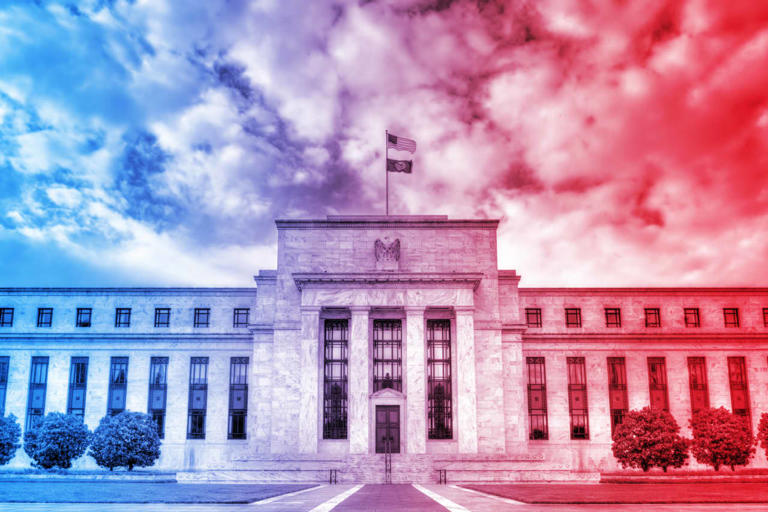The upcoming Federal Open Market Committee (FOMC) meeting scheduled for April 30-May 1 is poised to become a pivotal moment amid one of the most contentious election campaigns in U.S. history. Against this backdrop, two separate news stories have emerged, suggesting that both presidential candidates harbor intentions to exert pressure on the Federal Reserve to adjust its key policy interest rates. The timing of these reports, just ahead of the crucial FOMC meeting, raises eyebrows and underscores the increasing politicization of monetary policy.
According to a report in The Wall Street Journal, allies of former President Donald Trump are reportedly drafting proposals aimed at curbing the Federal Reserve’s independence. During his tenure, Trump openly criticized Fed Chair Jerome Powell for maintaining interest rates at levels he deemed too high, deviating from the precedent of recent administrations respecting the Fed’s autonomy. Conversely, The New York Times highlighted sentiments from Democratic strategists advocating for President Joe Biden to follow Trump’s lead and urge the Fed to reduce borrowing costs, citing concerns about the adverse impact of high interest rates on his reelection prospects.
The prospect of political interference in monetary policy raises complex questions about the Fed’s independence and its ability to conduct policy free from external pressures. While the White House’s direct authority over the Fed is limited to nominating members of the Board of Governors, including the chair, the executive branch can wield influence through other channels, such as the Treasury’s control over the dollar’s exchange rate. Notably, discussions have emerged regarding potential interventions to devalue the dollar as a means of addressing trade imbalances, a move that could have significant ramifications for global markets and inflation dynamics.
Against this backdrop, Federal Reserve Chair Jerome Powell is expected to field questions about the central bank’s independence during his post-FOMC news conference. Despite mounting political pressures, Powell is likely to reaffirm the Fed’s commitment to data-driven decision-making and stress the importance of maintaining policy continuity amid evolving economic conditions. However, with inflationary pressures persisting above the Fed’s 2% target and the economy showing signs of steady growth, the case for rate cuts remains tenuous, further complicating the Fed’s policy outlook.
As the FOMC convenes to deliberate on monetary policy, policymakers must navigate a delicate balancing act, weighing competing demands from politicians against the imperative of preserving the Fed’s credibility and independence. Against a backdrop of heightened political scrutiny, the decisions made at this pivotal juncture could have far-reaching implications for the trajectory of the U.S. economy and financial markets.
